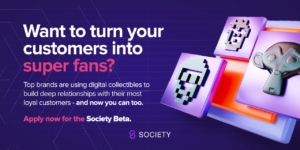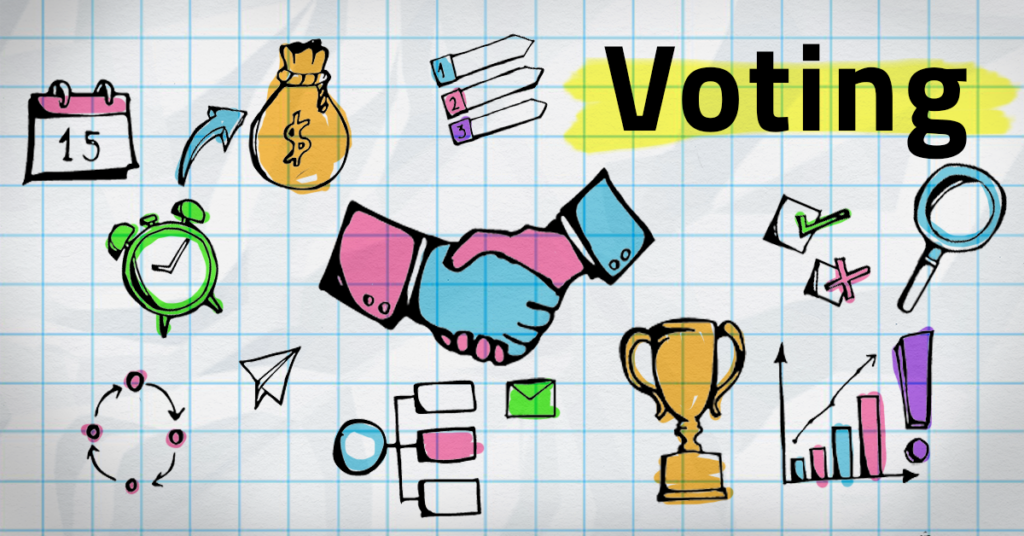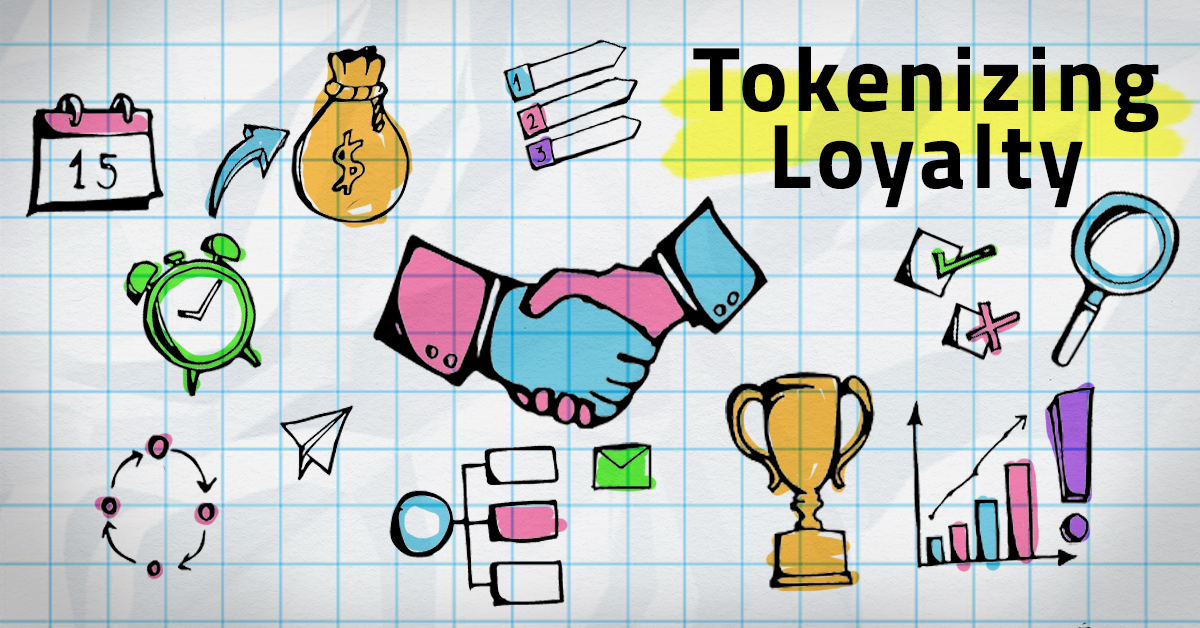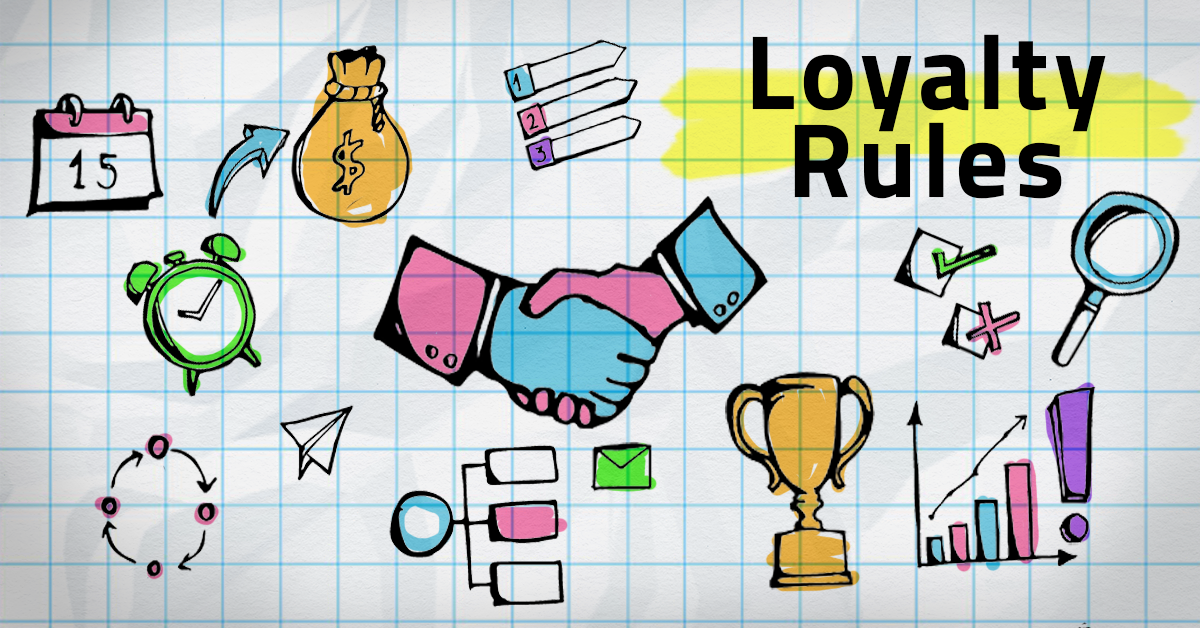Give Your Community Members a Voice with Distinct Voting Options
The Society platform is helping enterprises and brands from various industries build strong communities. As more organizations utilize Society, we regularly hear that the voting feature remains a “fan favorite” among community members.
The value of a vote
The most successful enterprises and brands continually find new ways to connect with their loyal supporters and gain insights from customers to better understand their wants and needs. Collecting authentic feedback can help inform a brand on where to go and what to offer. It also builds loyalty, helping customers to feel that their opinions are valued.
With Society, brands can give NFT holders and community members the opportunity to effortlessly vote on timely topics. Essentially, your NFT community can serve as your very own online focus group. Whether you’re posing a pressing question or conducting a fun themed poll, the voting feature can help to spark engagement and build a sense of community.
Streamlined and simplified
The voting features within Society are fully customizable to meet the needs of an organization. Functionality can be arranged so that certain NFT holders can have a certain number of votes or that community members receive different levels of access. Then, your community members can easily cast their votes to a posed question on a mobile device or computer.
Popular voting features on the Society platform include:
– General poll: This type of voting keeps it simple: everyone gets one vote, regardless of whether an individual holds an NFT or not. Voting can even be tailored so that community members can submit their NFTs to serve as the poll options. This can lead to “NFT vs. NFT” type of polling, and the community can decide who wins.
– Tiered poll: Here the votes are weighted depending on an individual’s loyalty tier. That way, enterprises can give the most engaged and loyal supporters the reward of having more votes.
– Extra votes for specific holdings: This capability allows you to choose which portion of the community gets a vote for a certain poll, depending on their NFT status. For example, those who hold a very rare NFT or a designated “NFT of the week” could receive extra votes for a poll.
– Exclusive poll (coming soon): This will allow you to create a poll that can only be seen by a subset of your community.
– Quadratic voting (coming soon): What happens if certain “whales” sway the polls? Quadratic voting can help to flatten the curve and balance the voting power within communities.
Customization capabilities
As a configurable solution, Society can support many different features. It is a single streamlined platform that is ready to plug into existing SaaS applications and systems. What’s more, Society can also help organizations segment their NFT audiences through a unique rules engine. This means creators can use the platform to execute rules that define the points that are rewarded to NFT holders and establish tiers.
Society’s powerful rules engine can conduct audience segmentation of varying complexities—from a basic trait of an NFT to a more complicated formula involving multiple traits and exclusions. This robust feature can be extremely valuable when establishing a tiered loyalty program and if an organization seeks engagement from a specific subgroup of the community.
Does your organization want to gain more customer insights and create authentic connections? Each day, enterprises and brands are using Society to build more aligned relationships with their token-based communities. If you are interested in learning more about all Society can do, then contact us to have a conversation.

Society’s Beta Program Is Now Accepting Applications
Is your brand seeking new ways to engage with and reward your most loyal fans? Society is a robust platform that allows brands to connect

Discord Bots
Adding Bots to Discord Originally designed for gaming communities, Discord has gained popularity as a communication and collaboration platform bringing communities together online. With this

Customer Success
Customer Success & Web3 The customer success business model emerged in the early 2000s as SaaS became the preferred delivery and pricing method for



